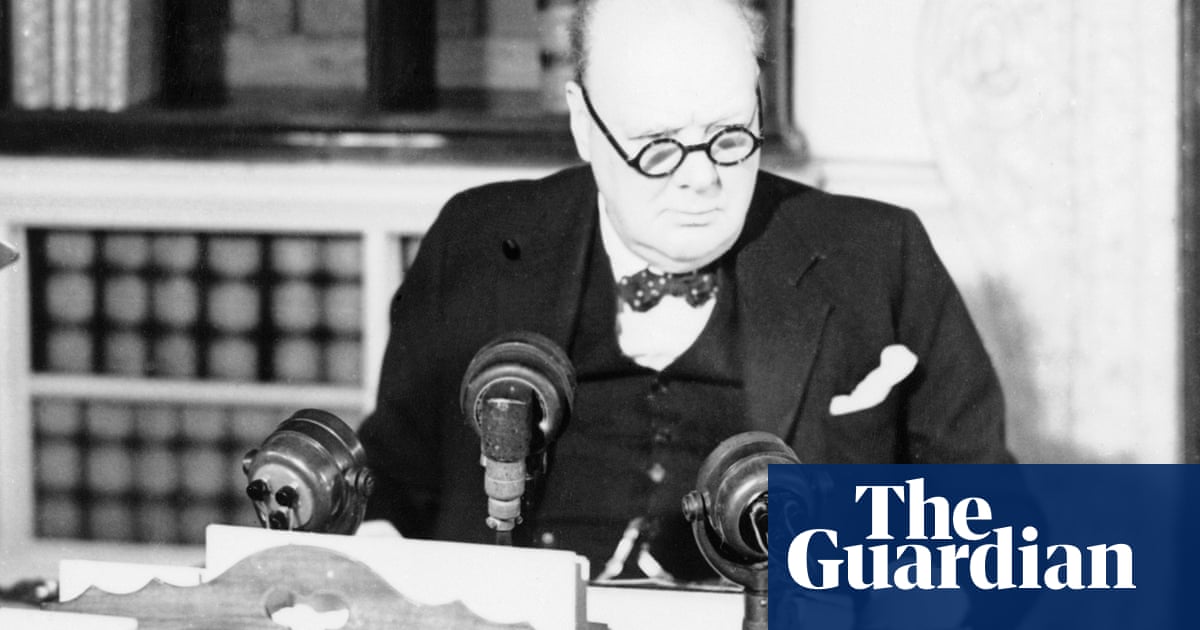For 13 years, Tell Mama has been the government-funded not-for-profit tasked with recording anti-Muslim hate crime and helping victims get justice.
For its pains, staff faced death threats from the far right, a risk so serious it necessitated an office change at the height of the hate. There have been critics too within Britain’s Muslim community, who, according to the Tell Mama leadership, were intolerant of the organisation’s tolerance.
“Throughout the 13 years, people have been kind of making up what Tell Mama does,” said Iman Atta, who has been the organisation’s director since 2016. “They claim that we’re Zionists because we work with Jewish communities, or we’re promoting pedophilia because we work with LGBT groups,” she added.
Most recently, questions have been raised about how the organisation spent public money, collated its data, and whether it had become too close to the previous Conservative government, which signed off on its funding.
This latest challenge has been existential.
On 1 April, Atta wrote to Wajid Khan, the new Labour minister for faith, to reject a further six months of funding from the government, citing a strained relationship with his department and the stress caused to staff by “malicious campaigns” some of which “emanated from individuals and organisations” chasing the funding that Tell Mama has enjoyed.

It means that, at a time of soaring bigotry, there is now no government-funded group carrying out anti-Muslim hate monitoring in the UK and this is expected to be the case into the summer.
Atta said Tell Mama would continue to do its work and look for funds from elsewhere but it fully expects to pare back its services.
There will be critics of Tell Mama who are celebrating the outcome.
Those might include Shaista Gohir, a cross-bencher in the Lords and paid adviser to the Muslim Women’s Network, who has criticised the quality of the organisation’s data and attacked Atta’s “inflation busting” salary rise in 2024, up to £93,000 from £77,000 the year before.
Lady Gohir was also behind a 10-page letter to the ministry raising such questions as why Tell Mama was run as a community interest company (CIC) rather than a charity.
She wanted to know why it did not publish full accounts on Companies House and asked whether the co-founder of Tell Mama Fiyaz Mughal, who is Atta’s former husband, had received any referrals from the organisation. He is now a counsellor.
Sayeeda Warsi, a former Conservative party chair, who as a minister played a role in establishing the Tell Mama model, may also be satisfied.
Last year, she followed Gohir to speak in a Lords debate of her “deep concerns” about Tell Mama’s “finances, governance, associations and connections, including with the now-defunct Quilliam Foundation – which has associations with thinktanks in the United States that are peddling anti-Muslim hatred and Islamophobia”.
For her part, Atta said she found it all difficult to understand. A Palestinian who moved to the UK in 2008, she had been travelling back and forth to Jerusalem to see her mother, who died last in August from complications relating to dementia.
She saw the rockets overhead and then would come home to critics asking why she was silent over the Palestinian cause. The atmosphere, she says, has been toxic.
But she is fierce in her defence of Tell Mama’s record and points to a range of public sources that appear to justify her position.
The government had never criticised the level of detail in Tell Mama’s data. Reports were published online. The police had spoken of it as being invaluable, and her salary had gone up due to the huge rise in work load in the wake of 7 October attacks. “I don’t have weekends,” she said.
Faith Matters, the CIC that runs Tell Mama, was set up more than a decade ago that way so that it could work in a range of social justice areas and not be restricted to one charitable cause. The ministry had full sight of their finances.
Atta is particularly indignant about the suggestion Mughal, benefited from counselling referrals. “We wouldn’t, that’s a conflict of interest,” she said.
As to the alleged, connection to the Quilliam Foundation there was one appearance in 2013 by Tell Mama’s founder at one of its events where he was invited to promote the anti-hatred reporting service. “And that’s it,” she said.
A spokesperson for the ministry of housing, local government and communities said they were still keen for Tell Mama to continue.
“We offered Tell MAMA £500,000 to continue supporting its expert work in this space for the first half of this financial year, which was declined”, she said. “We are grateful for their work since 2012 and welcome an application again to look at new proposals.”
The defence is robust, the government adamant in its support, so why the war of words among high-profile figures who appear to share the same mission of fostering better engagement with British Muslim communities?
It was, in Atta’s view in some instances, a “smear campaign”, perhaps motivated by a desire by some for the £1m-a-year funding agreed by the last Conservative government.
Her detractors deny this. “I think that’s probably me [Atta is referring to],” says Gohir, “At the end of the day, this has got nothing to do with funding. I mean, of course, now there’s an open bid Muslim Women’s Network will apply, because we run a helpline already. We already get hate crime calls and discrimination calls, so why not? But that’s not why I did this.
“We contacted them, we weren’t getting the data, so we were then finding our own data by doing FoIs to police forces, you know, and then when I was writing to government, I wasn’t getting my questions being answered. And it’s my right as a taxpayer, as a Muslim taxpayer.”
Whatever the rights of the wrongs of the criticisms, and Gohir said her question about referrals to Atta’s former husband had been a hunch rather than based on any knowledge, it was not this alone that brought Tell Mama to the decision to pull away.
What appears to have made the situation untenable was what has all the hallmarks of a classic Whitehall bungle. The last government had agreed in March last year to provide Tell Mama with a further year’s grant funding.
The money is usually paid in arrears in instalments every three months on receipt of invoices and evidence of work. But it needs a grant funding agreement to be signed. Due to last year’s general election, no such agreement emerged from the government in the early months of this financial year.
Nothing then emerged through the summer but Tell Mama continued to do its work, without being paid, not least because of the riots after the Southport stabbings. Then on 23 September, Atta received a letter from the ministry saying that a grant agreement had been prepared but the new government wanted to put the contract out to competitive tender for 25/26.
It wasn’t welcome news after working with the government for 11 years. But it was not necessarily the end. In December, a grant funding agreement was produced. It contained an “exit plan” in the event that Tell Mama did not win the competitive tender.
The government was proposing that Tell Mama be prepared to transfer over their software, hardware and key employees to whatever body took over the function, she said.
A “handover”, said Atta. “I was shocked.”
A government spokesperson said this was a misinterpretation. But at a meeting on 23 December, Atta told the officials that the terms were unacceptable, the demands were eventually removed and an apology offered, she said. But as Atta was ready to sign in March, Gohir again raised her concerns in the Lords.
Lord Khan put out a statement giving Tell Mama a clean bill of health and praising its work and a six-month grant extension was offered. Atta signed the agreement to allow Tell Mama to be paid for the service over the last year. But she said the alleged “smearing” of her organisation felt relentless. It felt like she was going through a personal “trauma”, Atta added.
It was a relief, she said, to finally tell the minister, who had personally been helpful, that they were declining the offer of further funding and would not be applying for the contract.
“I had team members coming up like: we’re just really tired,” she said. “Because you’re getting things on the online world, you’re getting the threats, you’re getting the far right, you’re getting the Islamist extremists, and then you’re getting smeared for actually doing your work.”

.png) 15 hours ago
6
15 hours ago
6













































